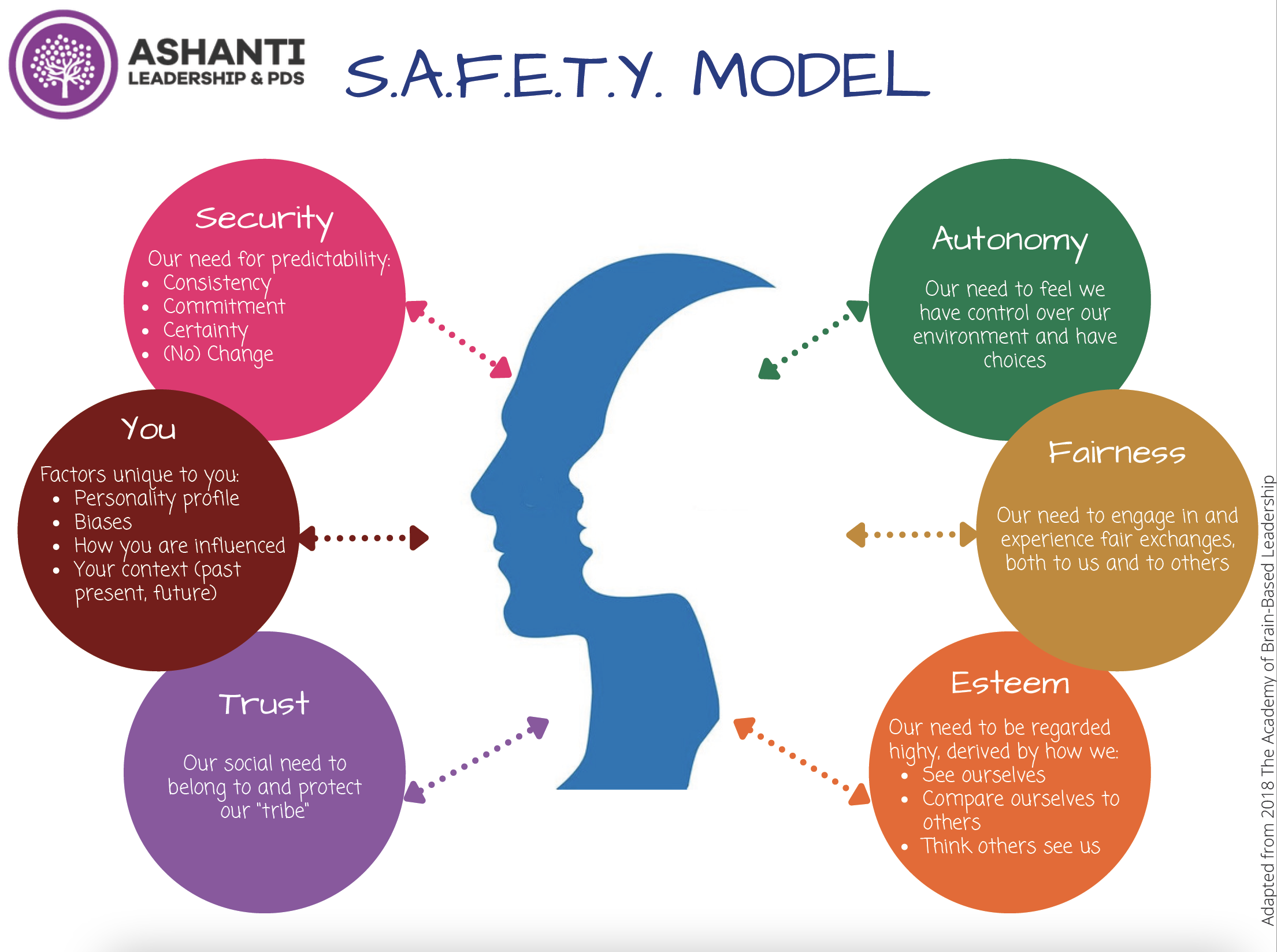The concept of Psychological Safety is not new. Since the onset of the pandemic, however, employers are looking more closely at how to create the best environment for their employees. Employees also want more from their employers. They want to feel empowered, and they want to work for organizations that align with their values of inclusivity.
Having Psychological Safety means employees feel comfortable enough to express themselves in the presence of their employer and colleagues without fear of retaliation. It means they can ask for help when they feel vulnerable, and they feel confident that their voices will be heard and accepted.
Recent research supports this perspective. Harvard Business School Professor Dr. Amy C. Edmondson suggests: “People need to feel comfortable speaking up, asking naïve questions, and disagreeing with the way things are in order to create ideas that make a real difference.” Edmondson continues: “Psychological Safety at work doesn’t mean that everybody is nice all the time. It means that you embrace the conflict, and you speak up, knowing that your team has your back, and you have their backs.”

How do we develop Psychological Safety in the workplace?
Psychological Safety is a practice that needs to be emulated from the top-down. In a survey from February 2021, McKinsey & Company indicate, “According to the data, fostering Psychological Safety at scale begins with companies’ most senior leaders developing and embodying the leadership behaviors they want to see across the organization.” Promoting inclusiveness can be a part of developing skills related to leadership, open dialogue, and relationship-building.
The concept of Psychological Safety gained increased attention in 2015, following Google’s Project Aristotle. The company wanted to build successful teams, and so they embarked on a study which lasted several years. The results were not what they expected. Google found that it was not their employees’ background, education, or experience that defined their success. Instead, it was an open environment for thinking, creativity, and innovation where they had the ability to grow professionally. In their view, this environment led them to form collaborative relationships and increase productivity.
What do teams and organizations need, whether remotely or in the office, to create an environment that promotes Psychological Safety? To help answer this question, Radecki, Hull, and others created the S.A.F.E.T.Y. Model. The factors identified in the model are designed to help us become more aware and better equipped to resolve conflicts, leading to the sense of security we all want to feel in the work environment.
COVID-19 created a tectonic shift in how organizations and business leaders view the workplace. The perception of remote work and virtual workplaces has been reimagined. As such, leaders must have the required skillsets to lead and manage new and emerging complexities in the workplace.
In order to make employees feel valued and appreciated, regardless of the setting, leaders must: facilitate opportunities for employees to speak up; encourage employees to experiment and take risks; create opportunities for team members to put forward new and creative ideas; have critical conversations, hearing different perspectives without being defensive; let employees make mistakes, experience failure, and learn from them; and build trust and confidence between team members.
When it comes to leaders and employees bringing their best self to work, Psychological Safety is critical. Whether remotely, virtually, or physically, a work environment that is Psychologically Safe brings people together and allows employees to feel safe and supported.
Learn more at:
< Back to Articles | Topics: Trends

